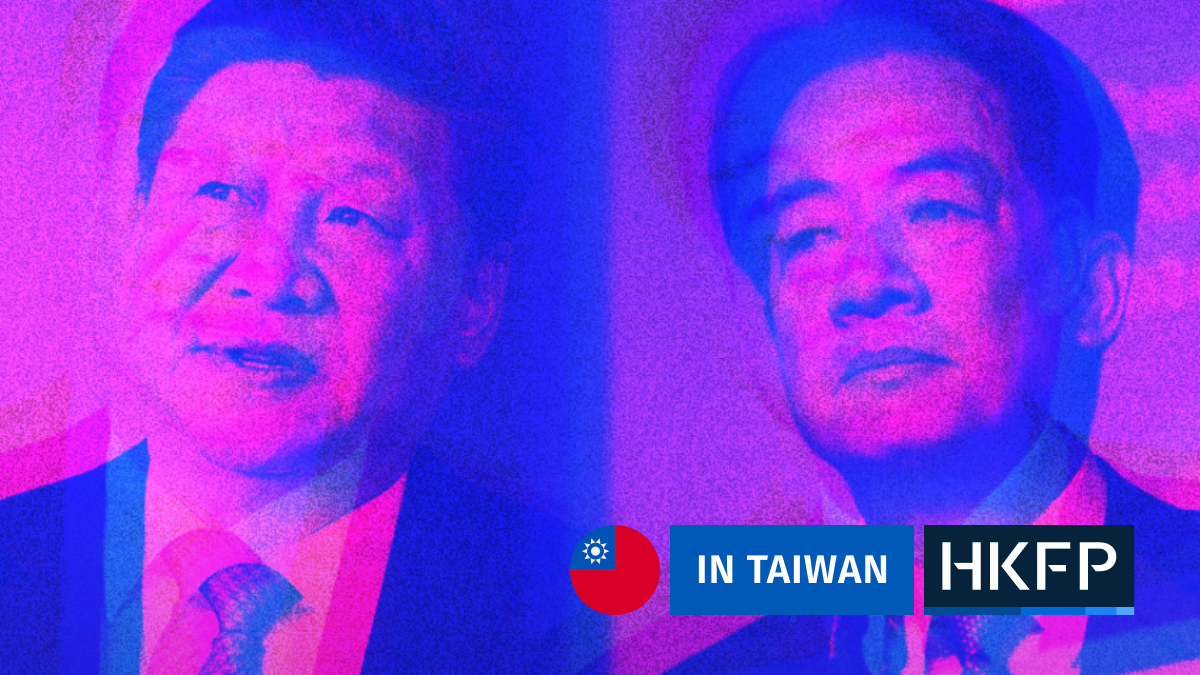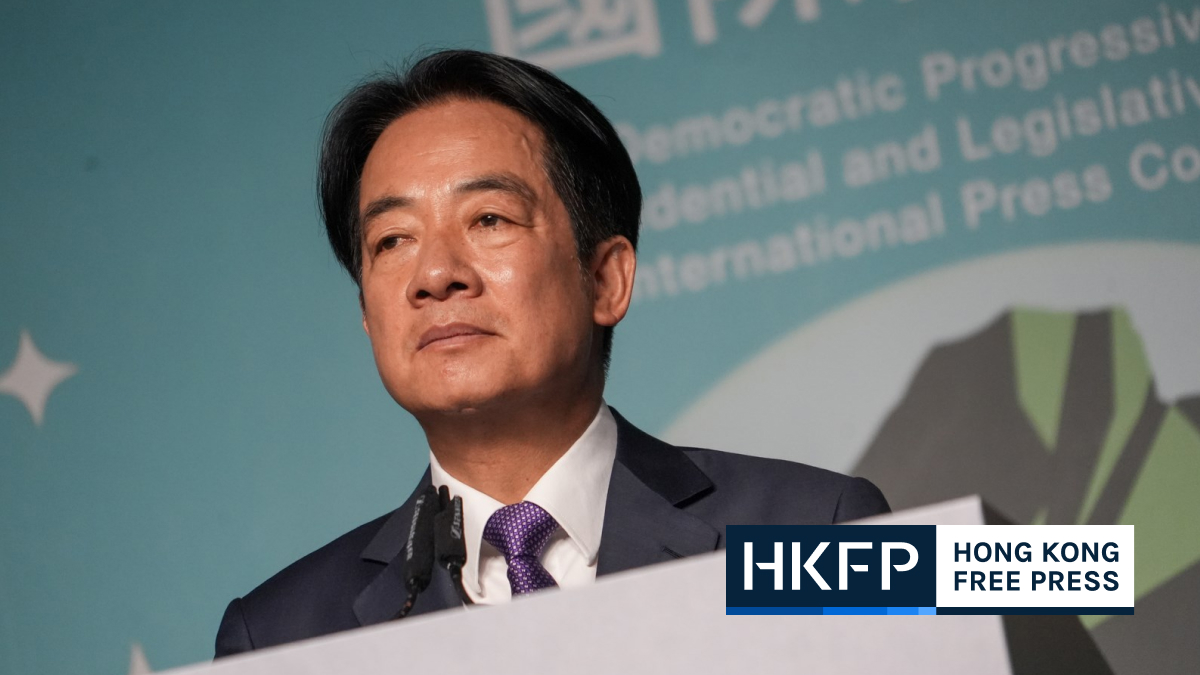The court case against four student leaders at the University of Hong Kong (HKU), who stand accused under the national security law of advocating terrorism, has been adjourned again because of an unspecified new development.
The four were charged over a motion passed in the student council expressing grief at the death of a man who stabbed a police officer and subsequently died by suicide.

Former HKU student union and council members Kinson Cheung, Charles Kwok, Anthony Yung and Chris Todorovski appeared before Judge Kwok Wai-kin in District Court on Thursday.
The prosecutor said both the defence and the prosecution needed more time as a “new development” had emerged. Both sides agreed to adjourn the case again, until October 20. The students’ bail was extended on the same terms.
Cheung, Kwok and Todorovski were granted bail last September after spending about a month in custody. Yung was granted bail after their first court appearance in August 2021, but was kept in custody for several days after the prosecution asked for a bail review. The High Court ruled in his favour and released him on bail later that month.
It is the first national security law case in which all defendants have been granted bail, and the first one related to university affairs.

The four are currently full-time students at HKU, even though the university cut ties with the union and at one stage barred the four from entering its campus.
In June 2020, Beijing inserted national security legislation directly into Hong Kong’s mini-constitution – bypassing the local legislature – following a year of pro-democracy protests and unrest. It criminalised subversion, secession, collusion with foreign forces and terrorist acts, which were broadly defined to include disruption to transport and other infrastructure. The move gave police sweeping new powers, alarming democrats, civil society groups and trade partners, as such laws have been used broadly to silence and punish dissidents in China. However, the authorities say it has restored stability and peace to the city.
Bail applications in national security cases have to go through a stricter assessment. Judges consider not only the defendant’s risk of absconding or obstructing justice, but also whether there are sufficient grounds for believing they “will not continue to commit acts endangering national security.”

Under Article 27 of the national security law, the maximum penalty for advocating terrorism is 10 years. However, the current case is being handled by the District Court, where the maximum jail sentence is capped at 7 years.
The motion
The HKU Students’ Union Council passed a motion in early July last year to “express deep sadness” at the death of Leung Kin-fai, a 50-year-old man who killed himself after attacking and seriously injuring a police officer on July 1, the 24th anniversary of the city’s Handover from Britain to China. The council also praised Leung’s “sacrifice.”
The student union’s declaration drew fierce criticism from then-chief executive Carrie Lam, university management, the pro-government camp, and Security Bureau officials. The latter said mourning the knife attacker was akin to terrorism. It prompted the student leaders to withdraw the statement, apologise and resign.
Cheung, Yung and Kwok were taken from their homes by police last August, while Todorovski went to the police station himself.
If you are experiencing negative feelings, please call: The Samaritans 2896 0000 (24-hour, multilingual), Suicide Prevention Centre 2382 0000 or the Social Welfare Department 2343 2255. The Hong Kong Society of Counselling and Psychology provides a WhatsApp hotline in English and Chinese: 6218 1084.
See also: HKFP’s comprehensive guide to mental health services in Hong Kong
Support HKFP | Policies & Ethics | Error/typo? | Contact Us | Newsletter | Transparency & Annual Report | Apps
Help safeguard press freedom & keep HKFP free for all readers by supporting our team

LATEST FROM HKFP
HKFP has an impartial stance, transparent funding, and balanced coverage guided by an Ethics Code and Corrections Policy.
Support press freedom & help us surpass 1,000 monthly Patrons: 100% independent, governed by an ethics code & not-for-profit.










